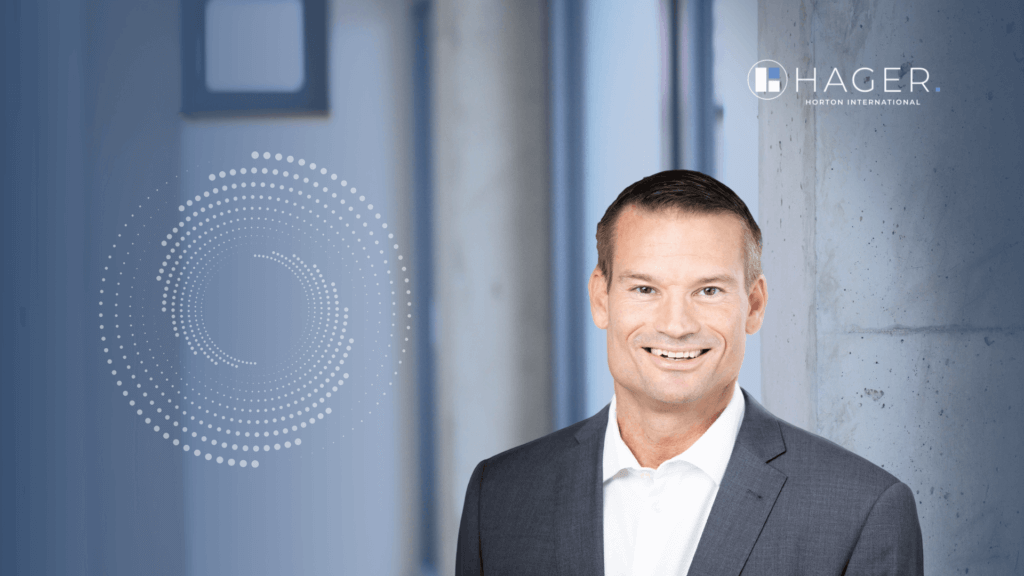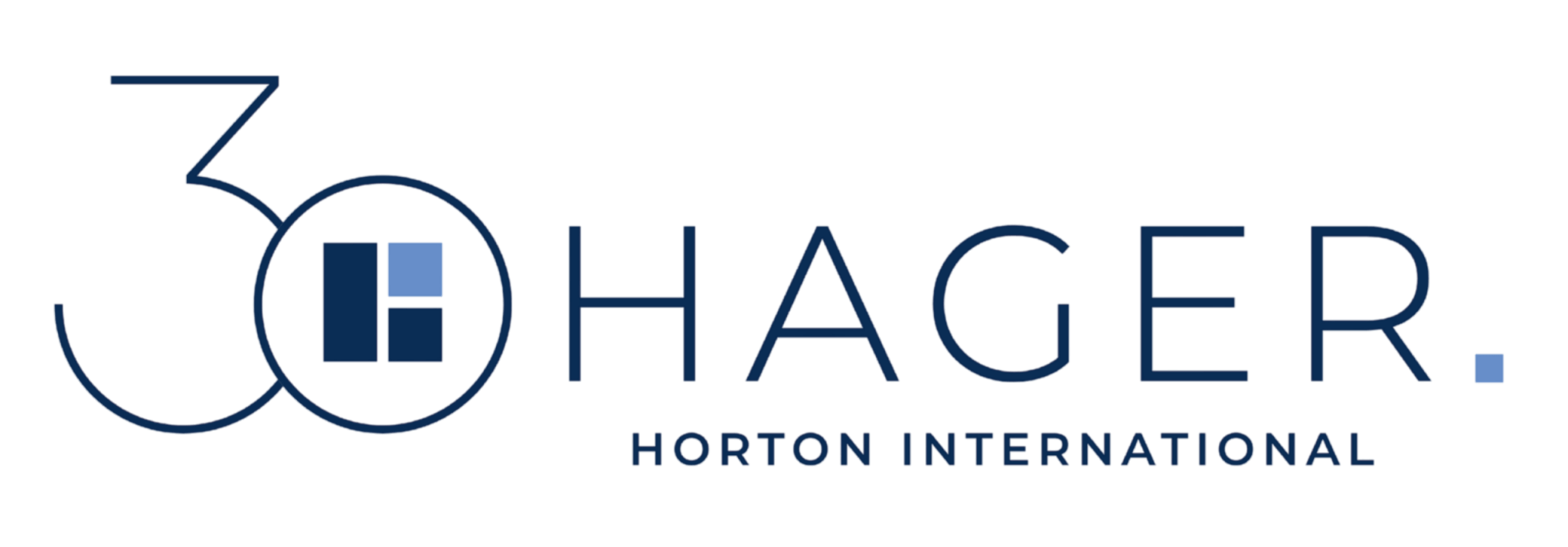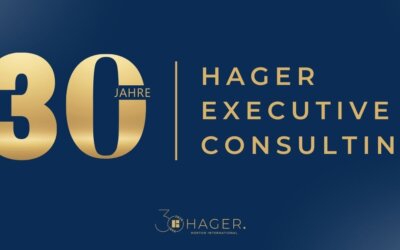A new generation of disruptive technologies is currently accelerating the digital transformation of the world of work and business.

Workplace of the future
The workplace of the future is already actively in use in many places and will continue to develop at a rapid pace. The workplace and employee sustainability will become even more important key factors for companies in the battle for the best talent.
At the beginning of the coronavirus phase, when the new workplace concepts and mobile working were introduced across the board, there were numerous reservations and concerns about the future performance of employees. Now that these working models have become established and practice has proven that they can function smoothly, it has become clear that employee productivity has not suffered a setback. In fact, the opposite was often the case.
Digital transformation
With digital transformation as the focus and agile working as the working standard, employees will evolve from so-called ‘managed services’ to ‘managed outcomes’. This working model gives them a greater sense of belonging – they realize much more immediately that they are contributing to the company’s results.
These working formats give companies access to specialists regardless of where they live. This is also a great advantage with regard to the changing world of work. Because in the future, diverse working will be standardized and also part of normality.
“In many companies, employees will work in a more agile way in future. They will be ‘placed’ internally via a company talent pool or talent cloud. They store their talents and skills in profiles so that managers can put together members for the teams from the talent pool. This is already being practiced at the technology company IBM. The departments book experts from within the company for their projects. In the working world of the future, we will have to move away from many old ways of thinking. We in Executive Search also see our business model in a highly transformed format. This has strengthened our resolve to look ahead and deal with the new challenges in order to implement them in the best possible way “, says Martin Krill, Managing Partner of HAGER Executive Consulting.
25 years of experience
HAGER Executive Consulting looks back with pride on 25 years of successful company history. However, HAGER is not only looking to the past, but also to an exciting future with its 110 employees.
Together with one of the most renowned futurology institutes in Germany, the think tank 2bAHEAD, headed by Sven Gábor Jánszky, HAGER Executive Consulting has taken a comprehensive look into the big crystal ball and examined the topic of the working world of the future. If you are interested in further information about the changes in the world of work, please do not hesitate to contact us.



